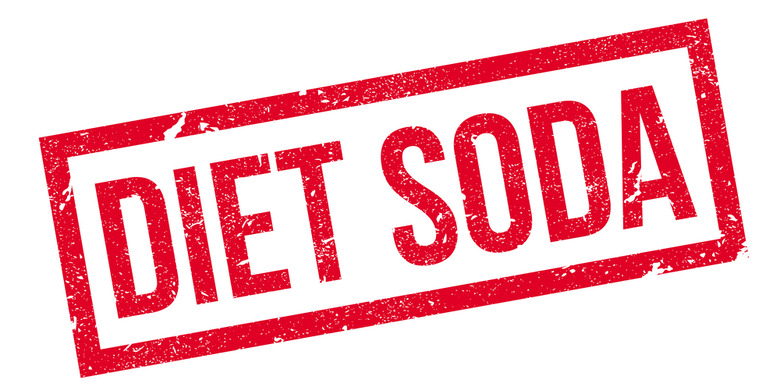Does Diet Soda Make You Gain Weight?
In the past decade, sales of diet soft drinks have fallen flat. According to data from Beverage Digest, since 2005, American consumption of diet soda has declined by more than 27 percent, and in just 15 years, diet sodas have gone from representing almost one-third of the entire carbonated beverage category sold in the U.S. (by volume) to accounting for barely a quarter.
But in an era when consumers are more concerned with a drink's calorie count and sugar content than ever, why has the zero-calorie, diet soda industry suffered from this severe decline?
Part of the drop in popularity can be explained by the overwhelming number of articles proposing that diet soda is actually linked weight gain. Type "diet soda and health" into any search engine and you'll see what I mean. One often-cited study showed a direct correlation between the quantity of diet soda consumed and an increase in waist circumference in adults over the age of 65. Additionally, a research paper published in the Yale Journal of Biology and Medicine supported these findings with evidence that artificial sweeteners influence the brain's pleasure sensors in a way that increases appetite.
However, not all experts agree that diet soda causes weight gain. On the other side of the diet soda debate is obesity researcher Dr. Barry Popkin who warns that the evidence connecting diet soda consumption to weight gain is largely inconclusive. Popkin, who heads the division of nutrition epidemiology at the University of North Carolina Chapel Hill, said there was little evidence supporting the theory that zero-calorie sweeteners stimulate appetite or contribute to obesity in other ways. Two widely cited studies with large sample sizes found a relationship between diet soda consumption and weight gain, but these studies were observational, meaning independent variables, like the participants' eating habits, couldn't be controlled. For example, the fact that people may switch to diet sodas after they've noticed weight gain could distort the results of these types of studies. A meta-analysis published in the American Journal of Clinical Nutrition found "no association between low-calorie sweetener intake and body weight or fat mass."
In other words, diet soda may not be all that bad for you, and those who switch from regular soda to the low- or no-calorie versions might actually lose a little weight. Why, then, have sales declined? Experts site several factors, including an overall concern for healthy eating (and drinking) and the meteoric rise in the popularity of bottled water. For some other good reasons to break the diet soda habit, see how diet soda is slowly killing us.
